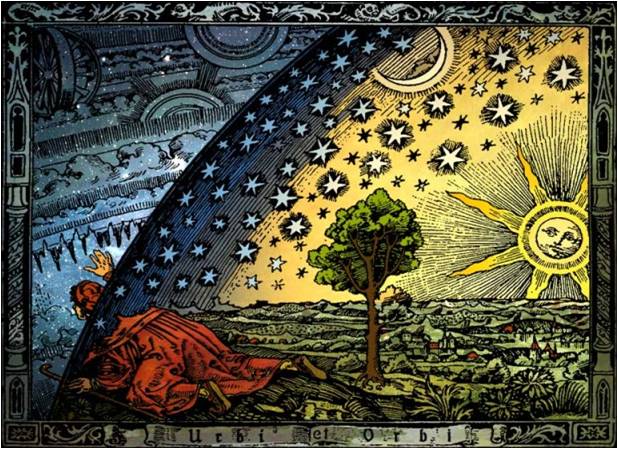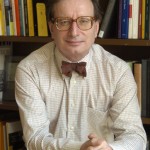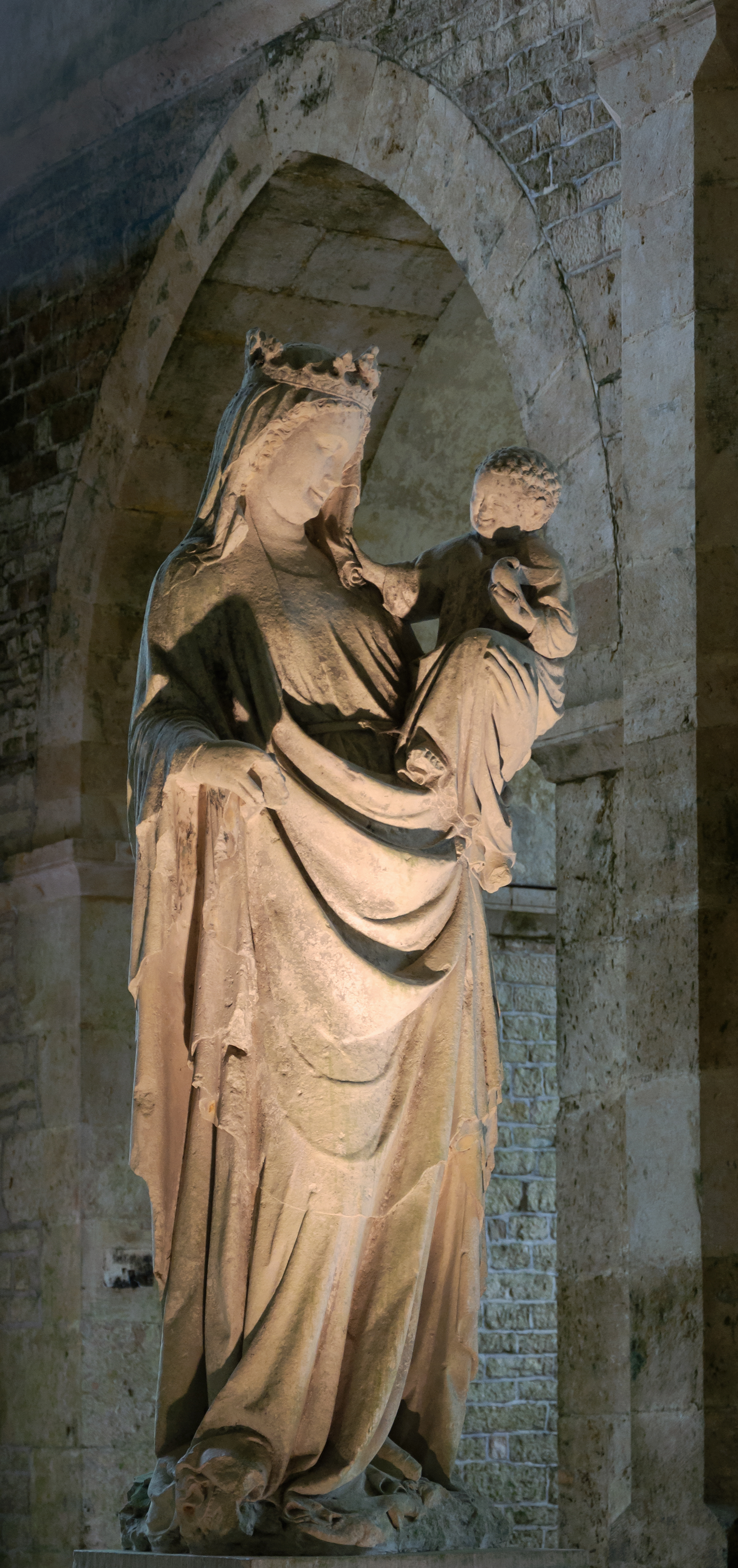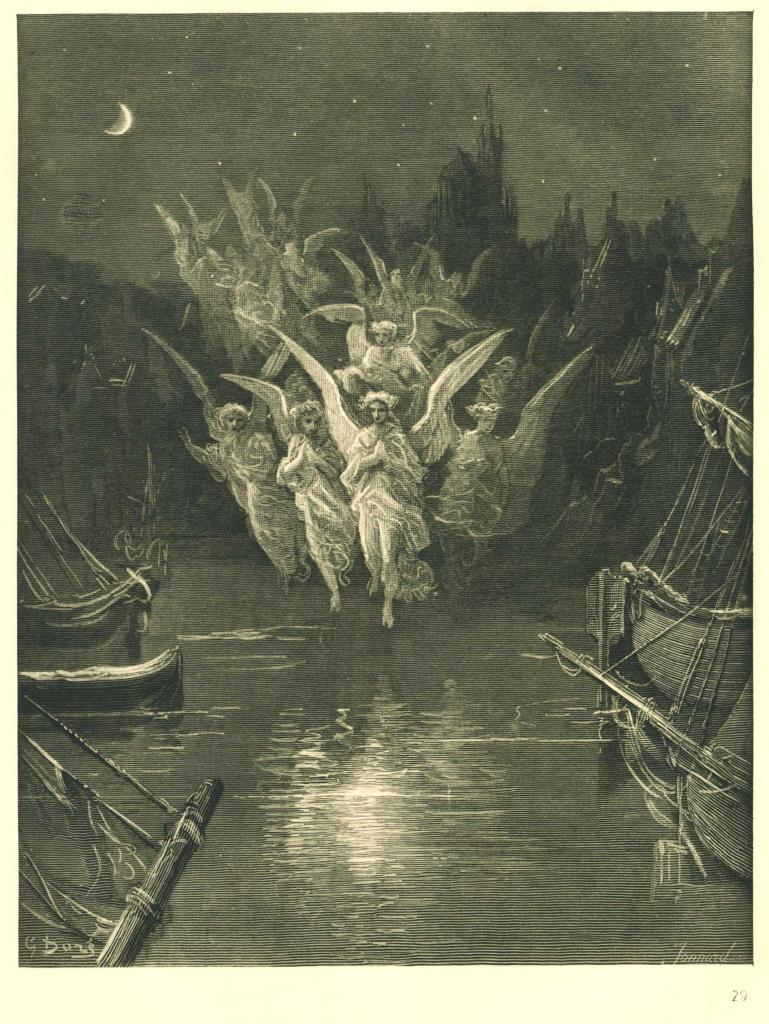David Russell Mosley

Author Heikenwaelder Hugo, Austria, Email : [email protected], www.heikenwaelder.at, CC BY-SA 2.5
Eastertide
24 May 2017
The Edge of Elfland
Hudson, New Hampshire
Dear Readers,
Today at Mass I was struck by the responsorial psalm. It was Psalm 148 and the response was “Heaven and Earth are full of Your Glory” (capitalizations are mostly mine). Today, for reasons as yet unknown to me, hearing that refrain, taken from Isaiah 6.3, and especially hearing in the context of the cosmos praising God put in mind of the immaculate conception.
For whichever of my protestant readers are still left, the immaculate conception is the doctrine that Mary was conceived without sin and therefore was not subject to original sin. Now, many, including many Catholics I know (like St. Thomas Aquinas) take issue with this particular doctrine. I’m not wanting to write a defense of it today, but to use it to make another point. So bear with me.
One of the key passages of Scripture used to defend the doctrine of the immaculate conception is Luke 1.28, ” And the angel being come in, said unto her: Hail, full of grace, the Lord is with thee: blessed art thou among women” (Douay-Rheims translation). It is that phrase “full of grace” that is seen as suggestive. Now, many modern translations use something like highly favored one. The Greek used there is κεχαριτωμένη. You might translate it, the woman who has been filled with grace, or the woman who has been graced. In the Vulgate it is translated, gratia plena, literally full of grace, hence it’s use in the Hail Mary (a joining together of Luke 1.28 and 42). So as we repeated Heaven and Earth are full of Your Glory, I couldn’t help but wonder if there was any relationship between the two passages.
I looked up Isaiah 6.3 in the Septuagint and found what I had hoped to find, but didn’t, in the Greek New Testament: “πλήρης πᾶσα ἡ γῆ τῆς δόξης αὐτοῦ.” The earth is full of his glory. But as I said, I didn’t find it phrased similarly in Luke 1 until I went to the Vulgate. There in Isaiah we find, “plena est omnis terra gloria eius“; and in Luke we find “gratia plena.” In both instances, we have the notion of one thing being full with another. Mary is full of grace and the Earth is full of God’s Glory.
This led me to wonder if, given the doctrine of the immaculate conception, we couldn’t make a similar argument about creation. That is, can we say that the Earth is full of God’s Glory in a similar way to how Mary is said to be full of grace? And if so, what precisely does that mean? What does it mean when Gerard Manley Hopkins tells us the world is “charged with the grandeur of God”? And what or who is God’s Glory?
Now, I will admit, at present this connection between the two passages is a bit flimsy. They are connected linguistically only when both are translated into Latin. Neither the two Greek versions nor the Hebrew and Greek admit this kind of word play. More attention (at least a little anyway) needs to be paid to the process of textual criticism and the translation of these texts, particularly into Latin. But a letter such as this is not the place to do that. Nor am I fully qualified to do this particular kind of work. But I think this worth pursuing.
So, to return to the question, what does it mean for the earth to be full of God’s Glory? While I will admit to being a poor sophiologist, in that I have read very little of the source material and rely heavily on Michael Martin’s work, I think this can lead us in a sophiological direction. For the Earth to be full of God’s Glory is to say that the Earth is filled with a particular characteristic of God, one that, in a created sense, might be identifiable with a kind of person, such as created Sophia that preeminent logos who stands as the created representation of creation itself (just as her uncreated counterpart is the named, non-personal representation of the Being, Unity, Goodness, Truth, and Beauty of God). And if I’m right, this means that when the psalmist commands creation to praise God in Psalm 148, it is capable of doing so.
I will admit, this reflection was not quite so beautiful in its form as I had hoped it to be. But I hope that despite the manner in which I have written you can see the point I am trying to make. That the Earth is indeed full of God’s Glory. That creation is alive and praises God through the angelic intelligence who is intimately and inextricably tied to it; the one who guides it as its logos leading it back to the Logos. Heaven and Earth are full of His Glory.
Sincerely,
David












